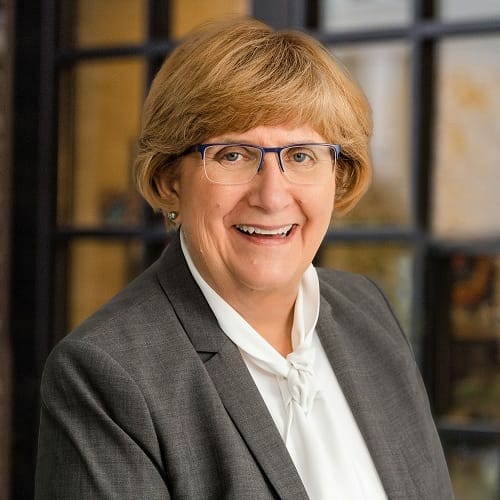
The word “malnutrition” makes us think of those in third world countries, war-torn cities, or those living in extreme poverty. But do you think of your grandparents? Or your elderly parents?
In the United States, malnutrition is a hidden epidemic among our most frail – the elderly. One in two older adults is at risk for malnutrition. Some factors that can lead to malnutrition in the elderly have nothing to do with their income level or body size. Malnutrition in those over the age of 65 years often goes unrecognized and under-treated.
Malnutrition occurs when the body does not receive the balance of calories and nutrients to stay healthy. It can affect not only to those who cannot afford nor have access to nutritional food, but it can happen to anyone. Older adults are especially at risk because of one or more factors that come with age. And this lack of nutrition comes at a time in their life when they need it the most!
Contributing factors to malnutrition in the elderly?
- Sense of smell and taste may weaken
- Digestive system and metabolism slow
- Chewing and swallowing issues can make it difficult to eat
- The body’s ability to absorb nutrients can decline
- Dietary needs change
- Chronic disease and some medications can cause loss of appetite
- Physical limitations to grocery shop, cook, or feed themselves may inhibit proper nutrition and calorie intake
- Those with dementia may forget to eat
- Dietary restrictions for disease treatment or management
- Stress, worry, or depression
The consequences of malnutrition in elderly adults are serious and can be fatal. Without proper nutrition, our bodies cannot stay healthy. It can weaken our immune systems making it difficult to fight off disease. Malnutrition leaves our elderly vulnerable to infection, slower recovery time, and slower wound healing. It also causes weight and muscle loss that can lead to frailty, balance issues, falls, broken bones, disability, and loss of independence. Malnutrition can also contribute to disease complications and hospitalization.
You cannot rely on the body size or weight to determine if someone is malnourished. The signs and symptoms in the elderly may be subtle and are sometimes dismissed as a part of normal aging. The two main symptoms are a sudden or unexpected weight loss; or loss of appetite and decreased food intake. If you are concerned with your aging loved one’s nutrition, weight loss, and overall health, consult with their physician.
At Aegis Living, our residents receive meals, snacks, and hydration throughout the day rich in nutrients and balanced for a healthy diet. Our chefs create meals that are appetizing and nourishing with fresh local products and seasonal produce. We understand that taste and smell can change with age, so we take this into careful consideration when menu planning.
